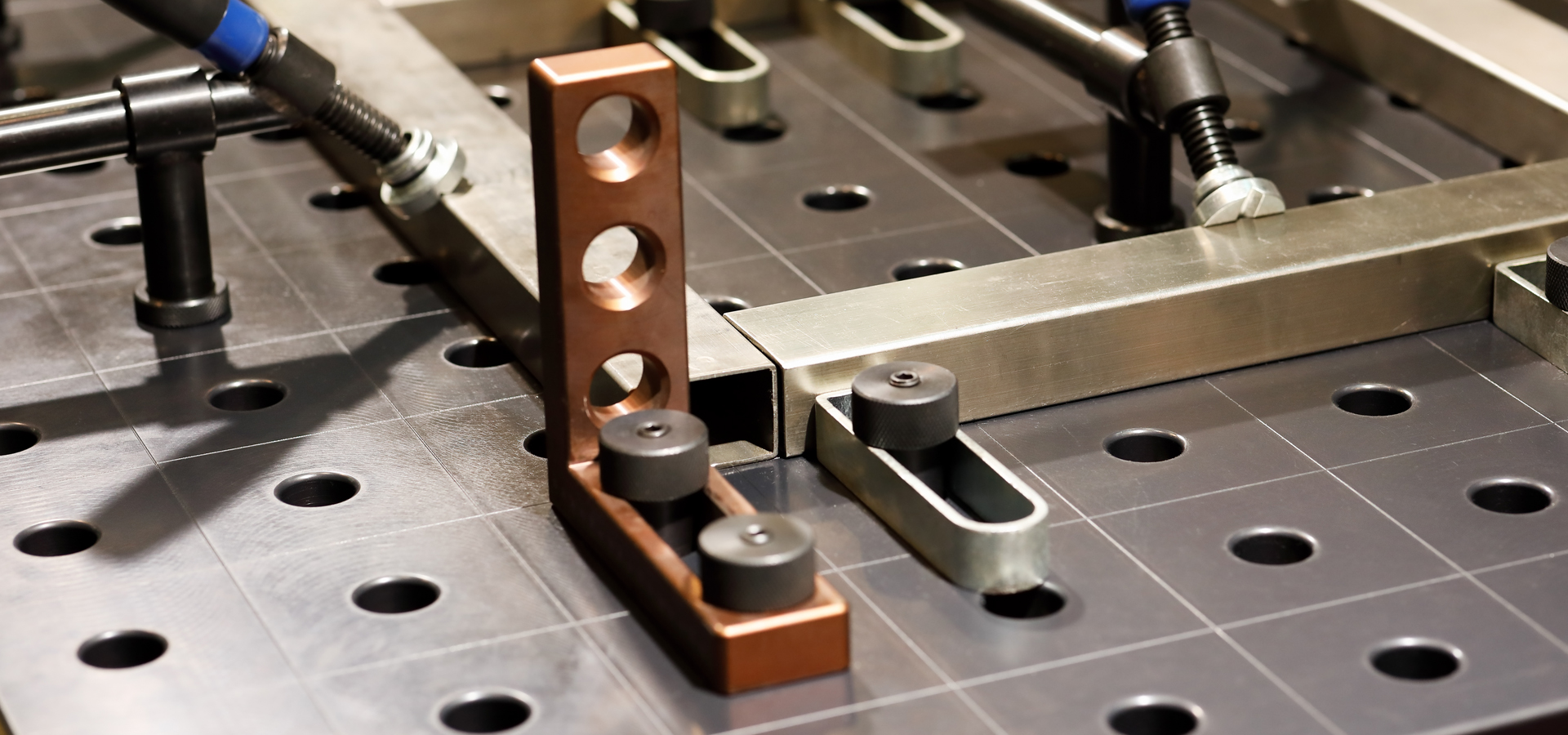Truss Jigging Table Upgrades: When and How to Improve Your Setup
When was the last time you checked your truss jigging tables? These tables are key to production but often get overlooked until problems appear. Over time, clamps loosen, fixtures become misaligned, and surfaces wear down. These issues can slow production, reduce accuracy, and frustrate your team.
A 2025 Kentley Insights report states that the U.S. truss manufacturing market is valued at approximately $12.5 billion, with over 600 manufacturers operating more than 750 facilities. In this competitive market, efficiency and accuracy are essential.
Why Upgrading Jigging Tables Matters
Many companies spend money on saws, presses, and software, but forget about their tables. Jigging tables are the base of truss production, and when they are old or worn out, they become hidden bottlenecks that reduce speed and quality.
An IndustryNet report found that U.S. manufacturers using automation improved productivity by up to 25%. Upgrading equipment didn’t just speed things up; it changed how plants work.
Signs It’s Time to Upgrade
If your team spends extra time realigning lumber or fixing crooked trusses, your tables may be out of tolerance. Minor hardware issues can lead to significant inefficiencies.
The growing demand for complex trusses and frequent project changes make adjustable fixtures and flexible layouts increasingly valuable. And if you plan to add automation, upgrading now is better than retrofitting later. Modern tables, featuring Unistrut channels and steel skins, are designed to work seamlessly with robotic nailing bridges and laser projection systems.
Easy and Effective Upgrades
One of the simplest upgrades is reskinning tables. Replacing old surfaces with plastic or steel restores flatness and alignment. Plastic skins reduce friction for more effortless lumber movement, while steel skins are stronger for heavy use. As the Component Advertiser notes, surface quality has a direct impact on truss accuracy.
Adding better clamps and fixtures is another wise investment. They hold components securely, reduce rework, and help maintain high quality.
Why Planning Pays Off
Upgrading is more than just swapping parts; it’s an opportunity to enhance your workflow. Many plant managers find hidden problems and efficiency gains during the planning stage. With the average U.S. truss plant generating approximately $15.6 million annually (Kentley Insights), even a 2% efficiency boost can result in hundreds of thousands of dollars in extra revenue.
What Truss Builder Parts Offer
We offer customized solutions to help truss plants operate at their best. From table reskins to adjustable fixtures and automation-ready features, we create upgrades that fit your needs today and prepare you for the future.
Future-Proof Your Plant
Your jigging tables are the backbone of truss production. Upgrading them can improve speed, accuracy, and readiness for automation. Don’t wait until problems grow; contact Truss Builder Parts to find the right jigging table solutions for your plant.

